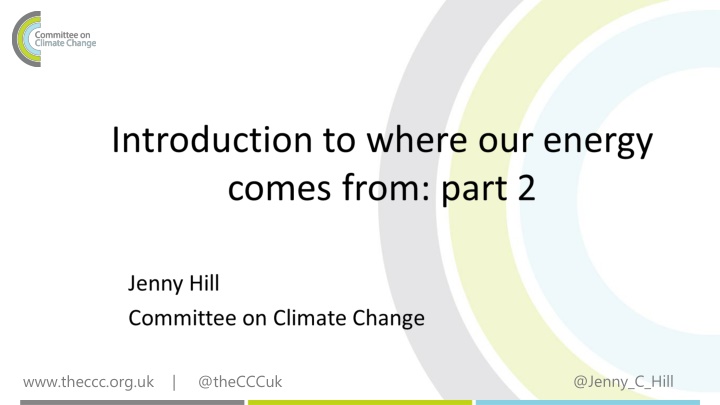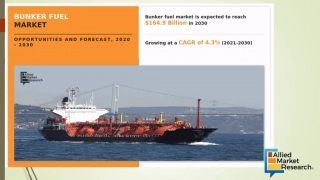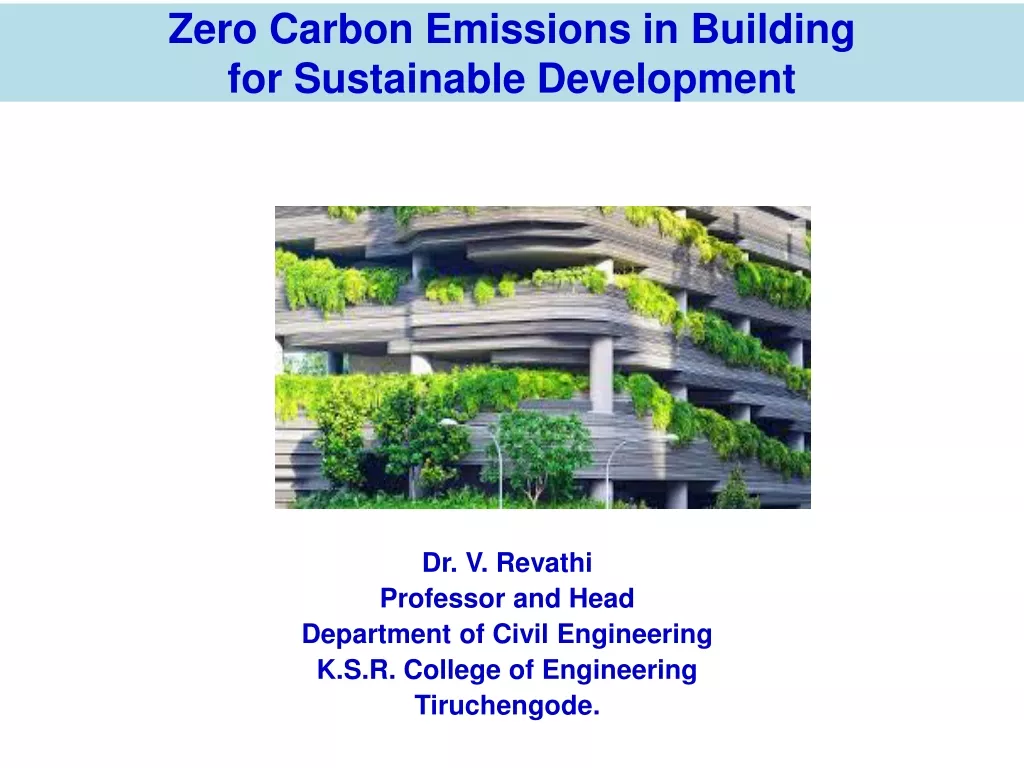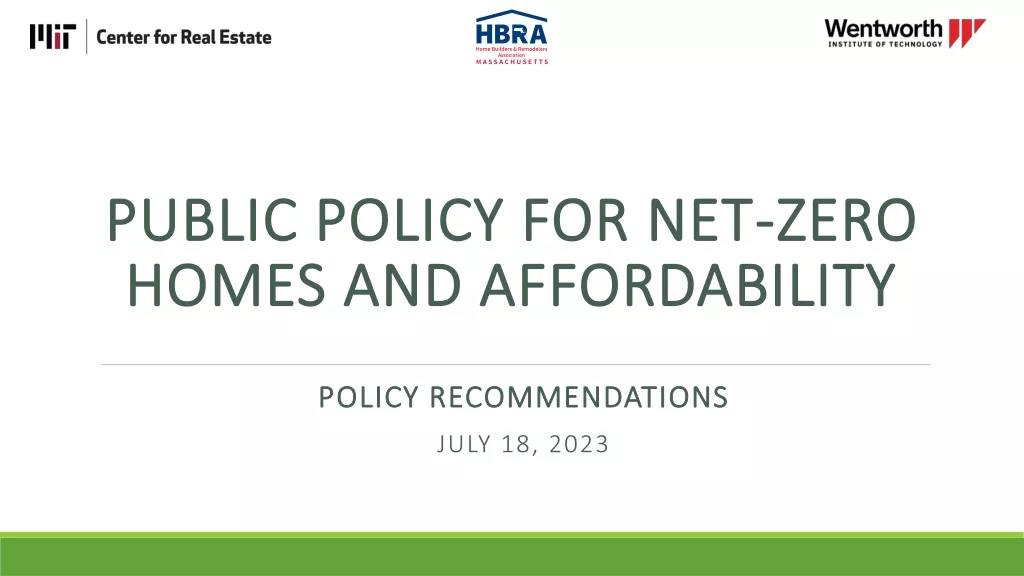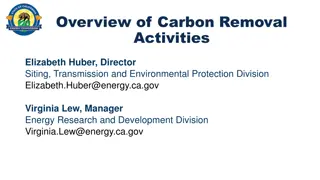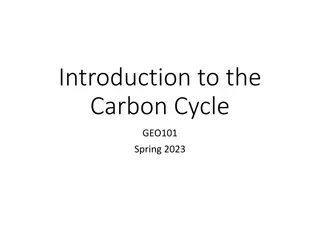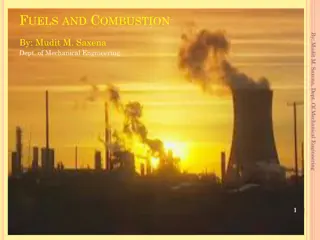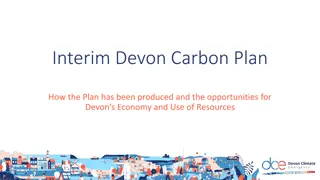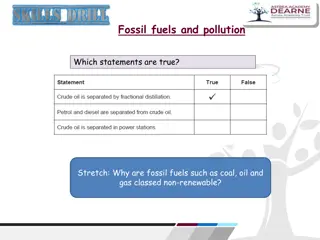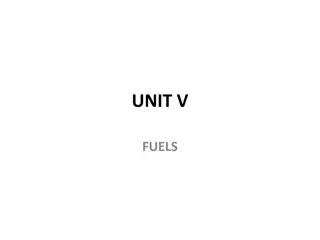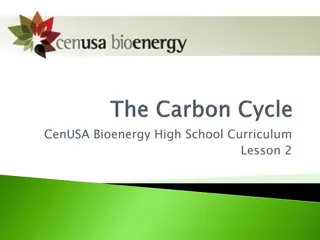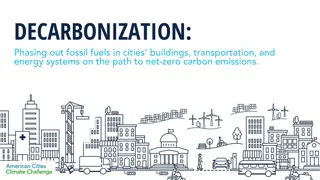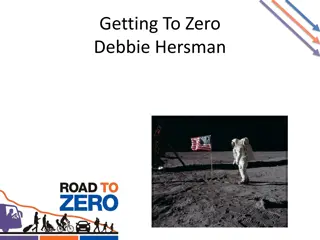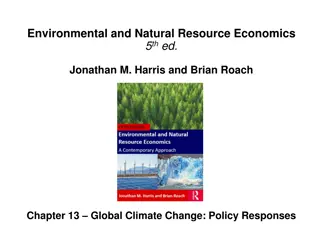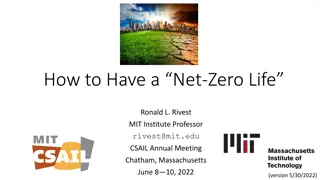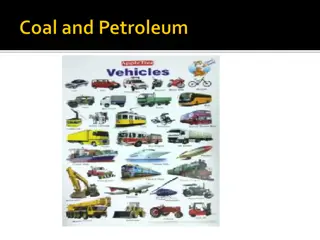Achieving UK Net-Zero: Strategies for Carbon Capture and Low-Carbon Fuels
Explore the pathways to achieving UK net-zero carbon emissions through carbon capture, low-carbon alternative fuels like hydrogen and bioenergy, and sustainable bioenergy practices. Learn about the importance of zero-carbon hydrogen production and the challenges and benefits of utilizing bioenergy for various energy needs.
Download Presentation

Please find below an Image/Link to download the presentation.
The content on the website is provided AS IS for your information and personal use only. It may not be sold, licensed, or shared on other websites without obtaining consent from the author.If you encounter any issues during the download, it is possible that the publisher has removed the file from their server.
You are allowed to download the files provided on this website for personal or commercial use, subject to the condition that they are used lawfully. All files are the property of their respective owners.
The content on the website is provided AS IS for your information and personal use only. It may not be sold, licensed, or shared on other websites without obtaining consent from the author.
E N D
Presentation Transcript
@Jenny_C_Hill www.theccc.org.uk | @theCCCuk
Quick recap - What is net zero Carbon Capture and Storage 2
Low-carbon alternative fuels (?) 1. Hydrogen Not 2. Bioenergy energy from plants necessarily low-carbon 3. Synthetic fuels
How UK net-zero could be achieved Energy supply Energy use Land use 4
How UK net-zero could be achieved Energy supply Energy use Land use H2 H2 H2 H2 H2 H2 H2 H2 H2 H2 5
How UK net-zero could be achieved Energy supply Energy use Land use H2 H2 H2 H2 H2 H2 H2 H2 H2 H2 CO2 storage 6
How UK net-zero could be achieved Energy supply Energy use Land use H2 H2 H2 H2 H2 H2 H2 H2 H2 H2 CO2 storage 7
Zero-carbon hydrogen can be produced two main ways: Fuel + Carbon Capture and Storage Electricity + water green hydrogen blue hydrogen Weekend 2. We ll hear about hydrogen in the two sessions How we travel & In the Home
Bioenergy is used for electricity, heating, cooking and transport Can be solid (wood, pellets), liquid (e.g. biofuels made from crops) or gas (e.g. methane from food waste, or hydrogen) Limited supply globally needs to be used as efficiently as possible Can be used to remove carbon from the atmosphere
Bioenergy is controversial can we be confident in savings? No other impacts? Huge possible range in terms of the emissions so it must be sustainable (e.g. waste-- or replanting if crop) Historical issues with driving up food prices particularly where using crops to produce transport fuels You have to have the right sustainable practices and systems in place - this may be easier with UK bioenergy
Synthetic fuels could be used in parts of the energy system where it is hard to cut emissions but they are expensive CO2 (e.g. from direct air capture) Synthetic fuels = + Hydrogen We will hear about these briefly in the Transport session.
www.theccc.org.uk | @theCCCuk @Jenny_C_Hill
